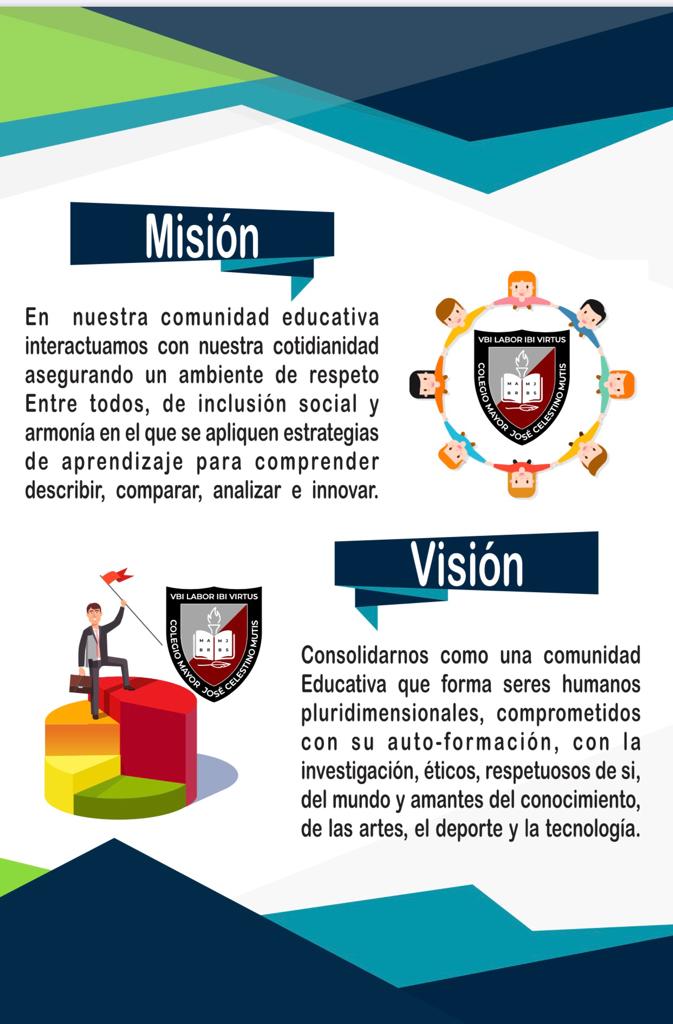Your immune system works to keep you as healthy as possible by fighting off foreign invaders, such as viruses, bacteria, and toxins. To your body, alcohol is a toxin that interrupts your immune system’s ability to do its job, thereby compromising its function. The pancreas is essential for breaking down enzymes and starches (like those in alcohol). When the pancreas becomes irritated and inflamed, you can develop pancreatitis.
- Prenatal alcohol exposure can cause brain damage, leading to a range of developmental, cognitive, and behavioral problems, which can appear at any time during childhood.
- Alcohol is a psychoactive substance with dependence-producing properties that has been widely used in many cultures for centuries.
- The alcohol in beverages such as wine, beer, and liquor is ethyl alcohol (ethanol).
- This article discusses the physiological and psychological effects of alcohol and how to change your drinking habits.
- In the past, moderate drinking was thought to be linked with a lower risk of dying from heart disease and possibly diabetes.
Short-term effects of alcohol consumption
Levels of alcohol in the blood can continue rising for 30 to 40 minutes after the last drink, and symptoms can worsen. This amount of alcohol will begin to reach toxic (poisonous) levels. Your body attempts to quickly pass out the alcohol in your urine. This will leave you feeling badly dehydrated in the morning, which may cause a severe headache. Alcohol is a powerful chemical that can have a wide range of adverse effects on almost every part of your body, including your brain, bones and heart. The Dietary Guidelines for Americans recommends that individuals who do not drink alcohol should not start for any reason.
What does alcohol do to your body?
Some examples include behavioral treatments, support groups, and FDA-approved medications. NIAAA can help people find information and resources about AUD and treatments that might work best for them. Alcohol use disorder (AUD) is a chronic brain disorder that makes it difficult to control alcohol use, even when it’s causing problems.
Special Health Reports
As the body adapts to the presence of the drug, dependency and addiction can result. If consumption stops suddenly, the person may experience withdrawal symptoms. You might not link a cold to a night adult children of alcoholics of drinking, but there might be a connection. Alcohol puts the brakes on your body’s defenses, or immune system. Your body can’t make the numbers of white blood cells it needs to fight germs.
In general, a healthy diet and physical activity have much greater health benefits than alcohol and have been more extensively studied. Societal factors include level of economic development, culture, social norms, availability of alcohol, and implementation and enforcement of alcohol policies. Adverse health impacts and social harm from a given level and pattern of drinking the ultimate guide to alcohol recovery books are greater for poorer societies. The connection between alcohol consumption and your digestive system might not seem immediately clear. The side effects often only appear after the damage has happened. Prenatal alcohol exposure can cause brain damage, leading to a range of developmental, cognitive, and behavioral problems, which can appear at any time during childhood.
The percentage of alcohol-attributable deaths among men amounts to 7.7 % of all global deaths compared to 2.6 % of all deaths among women. Total alcohol per capita consumption in 2016 among male and female drinkers worldwide was on average 19.4 litres of pure alcohol for males and 7.0 litres for females. This condition can be mild, moderate, or severe, depending on the number of symptoms you have. People who binge drink or drink heavily may notice more health effects sooner, but alcohol also poses some risks for people who drink in moderation.
When it comes to alcohol, if you don’t drink, don’t start for health reasons. For example, it may be used to define the risk of illness or injury based on the number of drinks a person has in a week. Alcohol is a psychoactive substance with dependence-producing properties that has been widely used in many cultures for centuries.
Doctors advise not drinking again within 48 hours of a heavy drinking session, to allow the body to recover. Some people will feel unwell immediately after drinking alcohol. They may have an intolerance, insensitivity, or allergy to alcohol or another ingredient in a drink. It could be that it messes with the part of your brain that processes sound.
These effects may be more serious and more noticeable if you drink regularly and tend to have more than 1 or 2 drinks when you do. Past guidance around alcohol use generally suggests a daily drink poses little risk of negative health effects — and might even offer a few health benefits. Dependent drinkers with a higher tolerance to alcohol can often drink much more without experiencing any noticeable effects.
During pregnancy, drinking may cause the unborn baby to have brain damage and other problems. The short-term effects of alcohol consumption are outlined below. This information is based on the assumption that you have a normal tolerance to alcohol. Alcohol addiction is a disease characterized by a strong craving for alcohol, and continued use despite a negative impact on health, interpersonal relationships, and ability to work. If the person stops drinking, they will experience withdrawal symptoms. Alcohol use disorder is a pattern of alcohol use that involves problems controlling your drinking, being preoccupied with alcohol or continuing to use alcohol even when it causes problems.
If your pattern of drinking results in repeated significant distress and problems functioning in your daily life, you likely have alcohol use disorder. However, even a mild disorder can escalate and lead to serious problems, so early treatment is important. Alcohol consumption contributes to 3 million deaths each year globally as well as to the disabilities and poor health of millions of people. Overall, harmful use of alcohol is responsible for 5.1% of the global burden of disease. Understanding how alcohol affects the mind, body, and overall health can help you make the most informed decisions about your consumption habits. If you’re concerned with your alcohol consumption and attitude toward drinking, talk to a healthcare provider as a first step.
Since alcohol is a depressant, it can slow the breathing, leading to a lack of oxygen to the brain. When the amount of alcohol in the blood exceeds a certain level, this can lead to alcohol toxicity, or poisoning. Within minutes of consuming alcohol, it drooling: causes and treatments is absorbed into the bloodstream by blood vessels in the stomach lining and small intestine. It can also be difficult for the body to process, putting extra pressure on the liver, the digestive system, the cardiovascular system, and other functions.
By not drinking too much, you can reduce the risk of these short- and long-term health risks. Your body breaks alcohol down into a chemical called acetaldehyde, which damages your DNA. Damaged DNA can cause a cell to grow out of control, which results in cancerous tumors. Pancreatitis can be a short-term (acute) condition that clears up in a few days.

